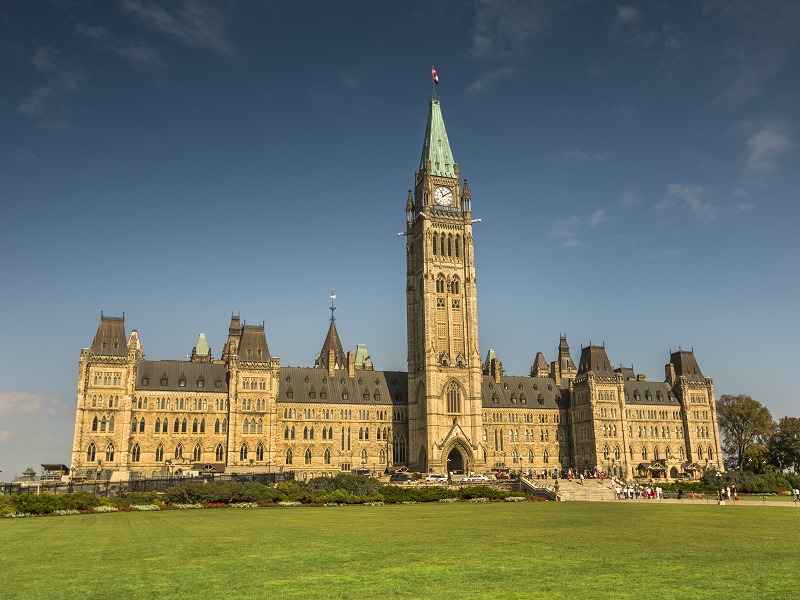
There could be “unintended consequences” if a bill conferring preferred creditor status to defined benefit pension plan members during bankruptcies passes through Canada’s House of Commons, according to an open letter from the Pension Investment Association of Canada.
In an open letter, to Michael MacPherson, clerk of the standing committee on industry, science and technology, from Natasha Trainor, chair of the PIAC, raised concerns about Bill C-253, an act to amend the Bankruptcy and Insolvency Act and the Companies’ Creditors Arrangement Act (pension plans and group insurance plans).
Read: Bill will negatively affect struggling DB pensions, says ACPM president
“[The] PIAC wishes to commend the committee’s efforts to prioritize improving retirement security for pension plan members. However, PIAC feels that while Bill C-253’s goals are noteworthy, the legislation will have greater unintended consequences that goes beyond the problem that it is intending to solve.”
According to Trainor, the bill would raise the cost of credit for private sector DB plans reliant on banks and capital market financing. She also said the unintended consequences of the bill would be felt most during recessionary periods. “For companies facing severe business challenges, preferred creditor status would likely reduce the availability of new capital to effect a turnaround, likely putting the business in further danger leading to further job losses.”
In its discussions on the bill, the PIAC’s board also concluded it could lead to a decrease in the number of DB plans in Canada. “It is also worth noting that individual companies which sponsor DB plans would be disadvantaged in terms of cost of capital relative to competitors that do not sponsor DB plans and this would no doubt lead to a reassessment of the overall strategic value of the DB plans to those businesses.”
Read: NDP tables bill to protect employees’ pensions, retiree benefits
In May, opposition party members backed the private members’ bill with the support of 10 Liberal backbenchers during its second reading. Before being sent to the Senate, it must face a final vote in the House of Commons, which is likely to be held in the fall.
The private members’ bill, which was put forward by Bloc Québécois backbencher Marilène Gill, has also received criticism from the Association of Canadian Pension Management. In a statement to the Canadian Investment Review, Ross Dunlop, the president of the ACPM’s board of directors, said the bill “will make the ability of companies to obtain and maintain financing at competitive rates nearly impossible for DB sponsors.”
Several other associations have also come out in support of the bill, including the Canadian Labour Congress, Canage and a number of groups representing DB pension plan members. One group that has been particularly vocal in its support of the bill is the Canadian Federation of Pensioners.
Read: Sears Canada retirees’ group says bankruptcy laws unjust for pensioners
In a statement responding to the ACPM’s criticism of the bill, Michael Powell, president of the CFP told the Canadian Investment Review that the ACPM overstated the link between offering preferred creditor status to plan members and an increase in the cost of credit.
“The Canadian Federation of Pensioners has yet to see any evidence that extending super-priority to the unfunded pension liability in insolvency would result in the inability of companies with defined benefit pensions to access financing at affordable rates. In fact, there is evidence to the contrary.”
To make this point, Powell referred to a 2011 Ontario Court of Appeals ruling. The court’s decision in Sun Indalex Finance, LLC v. United Steelworkers, which temporarily established DB pension members as preferred creditors in the province, though this was reversed by Canada’s highest court in 2013.
“In the two years this ruling stood in Canada before the Supreme Court of Canada partially overturned it there was no wave of insolvency of companies with defined benefit pension plans.”
Read: Should pensions take priority in bankruptcy situations?
